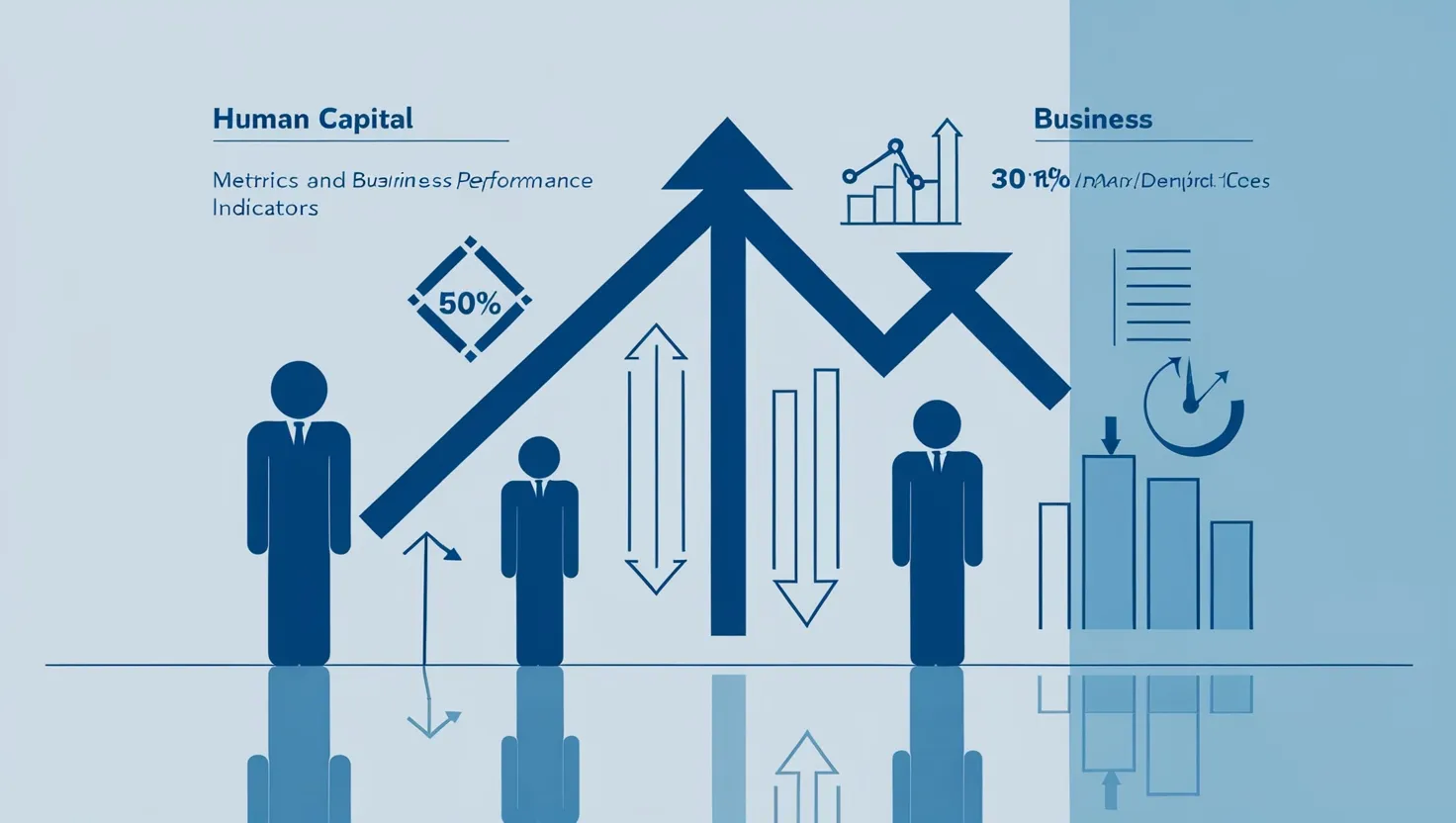Real estate investing often gets hyped up as this amazing path to riches. But hold up - there's a lot more to the story that people don't talk about. Let's break it down and look at why you might want to think twice before jumping into real estate.
First off, forget about getting rich quick. That's just not how it works with real estate. Sure, you hear stories about people flipping houses and making bank. But those stories leave out all the costs and risks involved. When you buy a property, you're looking at closing costs, realtor fees, repairs, taxes - it adds up fast. And if you're planning to flip, you've got short-term capital gains tax to deal with too. One bad flip and you could be in serious financial trouble.
Here's the thing - real estate is a long game. It takes time, patience, and a whole lot of cash to get started. You need a big chunk of money for a down payment, plus extra for all those other costs I mentioned. We're talking tens of thousands of dollars just to get your foot in the door. That's a pretty high barrier for most folks.
And once you're in, you've got to think about diversification. Putting all your money into real estate is like putting all your eggs in one basket. It's risky. What happens if the market tanks? You could lose everything. That's why smart investors spread their money around - some in stocks, some in bonds, maybe some in real estate. But not all in one place.
Let's talk about liquidity too. Real estate is about as liquid as a brick. You can't just sell a house overnight if you need cash. It can take months to find a buyer and close the deal. Meanwhile, you're still on the hook for mortgage payments, taxes, and maintenance. It's not like stocks where you can sell with a click of a button.
Now, don't get me wrong - real estate can be a great investment. But you've got to do it right. That means focusing on cash flow, not just appreciation. Buying a property and hoping it goes up in value is basically gambling. You want properties that generate income from day one. That way, you're not just crossing your fingers and hoping the market goes your way.
Interest rates are another big factor to consider. When rates are high, it's harder to make the numbers work. You might be paying 8% interest on your loan, which means your property needs to generate way more than that just to break even. In that case, you might be better off looking at other investments with better returns and lower risk.
Real estate investing isn't a solo sport either. You need a solid team behind you - lenders, contractors, property managers. One bad apple can spoil the whole bunch. A crappy contractor can blow your budget sky-high. A lousy property manager can leave your place vacant for months. You need good people in your corner.
The real estate market can be pretty murky too. It's not like the stock market where you can see prices in real-time. Property values can be all over the place, and there are often hidden costs that pop up out of nowhere. You might think you're getting a great deal, only to find out later that you overpaid.
And let's not forget about the risk of becoming "house poor." That's when you're spending so much on your mortgage that you can barely afford anything else. It's no fun living paycheck to paycheck just to keep a roof over your head. You want your home to be a comfort, not a financial prison.
So, what's the bottom line? Real estate can be a great investment, but it's not for everyone. It takes a lot of money, time, and know-how to do it right. You need to be prepared for the long haul and ready to deal with all the challenges that come with property ownership.
Before you dive in, take a hard look at your finances. Do you have enough cash for a down payment and all the other costs? Are you ready to deal with tenants, repairs, and market fluctuations? Can you handle the risk of tying up a big chunk of your wealth in one asset?
If you're still set on real estate investing, start small. Maybe look into REITs (Real Estate Investment Trusts) first. They let you invest in real estate without actually buying property. It's a good way to dip your toe in the water and learn about the market.
Or if you do want to buy property, start with a single-family home or a small multi-unit building. Learn the ropes before you start dreaming about a real estate empire. And always, always focus on cash flow. Don't buy a property unless it's going to put money in your pocket from day one.
Remember, there's no shame in deciding real estate isn't for you. There are plenty of other ways to build wealth that don't involve becoming a landlord. The most important thing is to make investment decisions that align with your goals, your risk tolerance, and your lifestyle.
At the end of the day, real estate is just one tool in the investment toolbox. It can be a powerful one, but it's not magic. Like any investment, it comes with risks and rewards. The key is to go in with your eyes wide open, understand what you're getting into, and make decisions based on facts, not hype.
So, before you start shopping for investment properties, take a step back. Do your homework. Run the numbers. Talk to people who've been there and done that. And most importantly, be honest with yourself about whether real estate investing is really the right move for you.
There's no one-size-fits-all answer when it comes to investing. What works for one person might be a disaster for another. The most successful investors are the ones who know themselves, understand their goals, and make choices that fit their unique situation. Whether that includes real estate or not is up to you.






